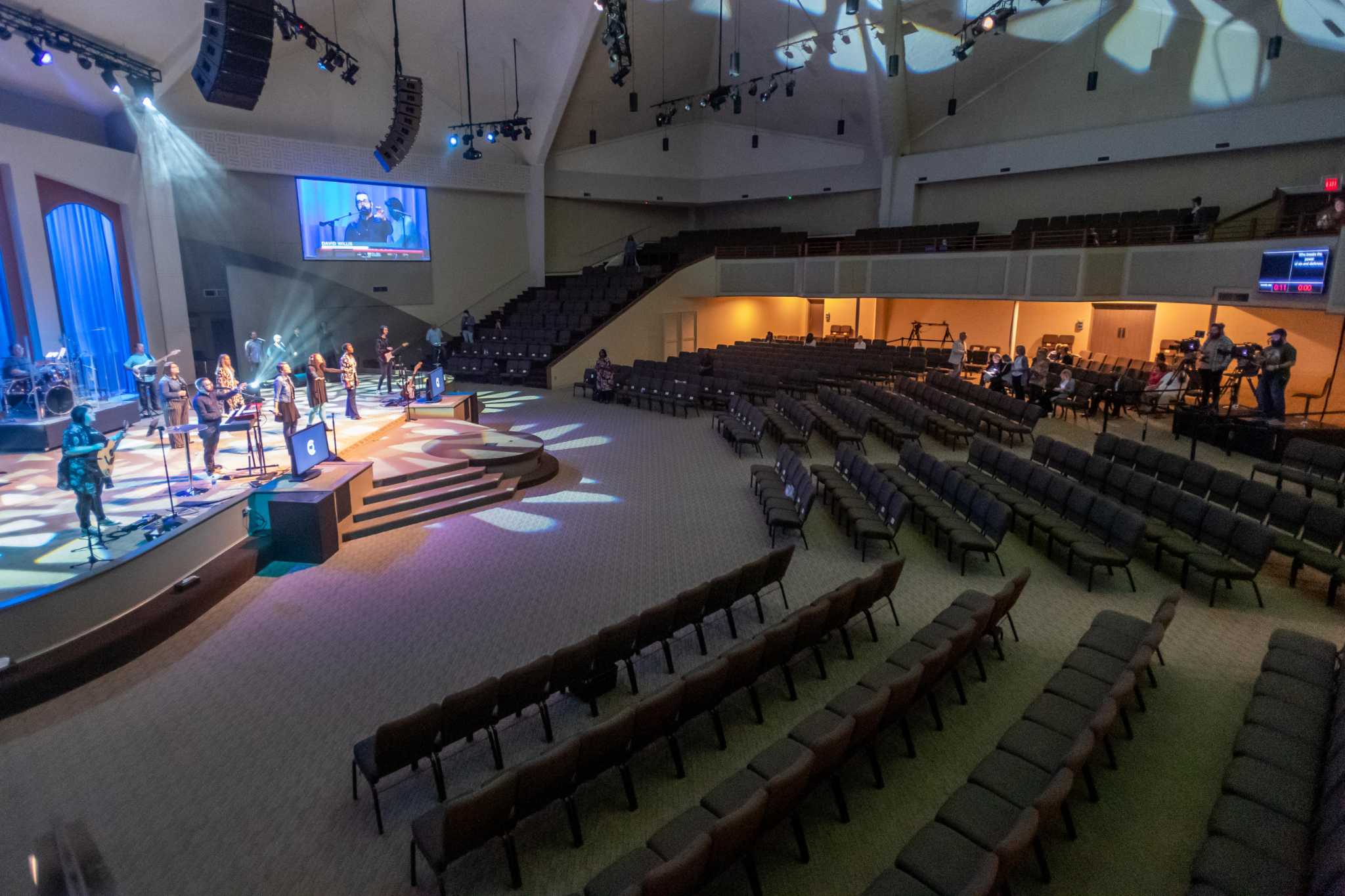Customer service, lament, and an unexpected door to hope

Did you know that almost half of the psalms are categorized by Bible scholars as psalms of lament? 65 out of 150 psalms fit the category, which is one of the reasons that the Book of Psalms is a got to portion of the Bible when people are hurting.
When we have questions, it makes us feel better when we’re around other people who have the same questions because pain and doubt are such isolators.
That’s why when we hear someone else voice what we’ve barely had the courage to allow us to think, we lean in like a famished man looking for crumbs on the table after a feast.
Why, Lord, do you stand far off? Why do you hide yourself in times of trouble? (Psalms 10:1)
How long, Lord? Will you forget me forever? How long will you hide your face from me? How long must I wrestle with my thoughts and day after day have sorrow in my heart? How long will my enemy triumph over me? (Psalms 13:1-2)
My God, my God, why have you forsaken me? Why are you so far from saving me, so far from my cries of anguish? (Psalms 22:1)
These are the questions that so many think, feel, and yet are hesitant to ask because they aren’t sure how people will respond. Will they judge them for being weak? For turning their backs on the faith? For deconstructing?
The fact that Jesus quoted that last Psalm on the cross should dispel any doubts about whether we can have doubts, but allow me to share something else that I almost missed because of how obvious it is.
We only ask questions if we think there are answers, and we only ask the people who, we think, might have them.
Why do we call customer service when a product isn’t working, or ask to speak with the manager when the food came back cold…again? It’s because we’re doing more than just lodging a complaint; what we’re actually doing is lamenting the current circumstance by voicing our concerns to the people who can help.
It’s true that sometimes those people can’t help, and that’s frustrating, but the nature of lament is that things aren’t as they should be, and we groan until they are ultimately made right, even if that happens outside this life.
The very fact that we lament or question God betrays the fact that we know he is greater than our doubts and circumstances.
To paraphrase Mark Vroegop in his book, Dark Clouds, Deep Mercy, lament is the language spoken by those who trust in God’s sovereignty while living in a world filled with tragedy.
It’s the sigh in the land of the Now and Not Yet, and yet, it isn’t a resignation as much as a determination to continue to see God for who he is, even if what he does (or doesn’t do) confuses us.
As Job said, sometimes we speak of things that we don’t understand (that’s Job 42:3), but it’s in the speaking that we hear the absurdity of our mistaken conclusions.
It is an unexpected door to hope, in the same way that listening to sad songs can give us the vehicle to process our emotions so that we can return to joy.
Lamenting doesn’t twist God’s arm so that he’ll give us what we want (that’s called pitching a fit — 
Job, who lamented his losses and pain, and who spoke of things beyond his ability to understand, finally understood that when he said, “My ears had heard of you but now my eyes have seen you.” (Job 42:5)
Lamenting allows us to cry tears that clear our vision, and it’s in those times that we see God’s face more vividly than ever before.







Leave a Comment